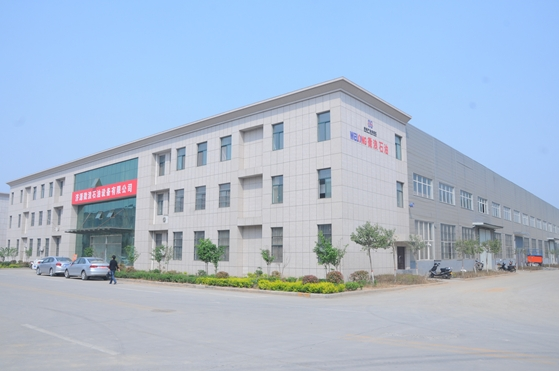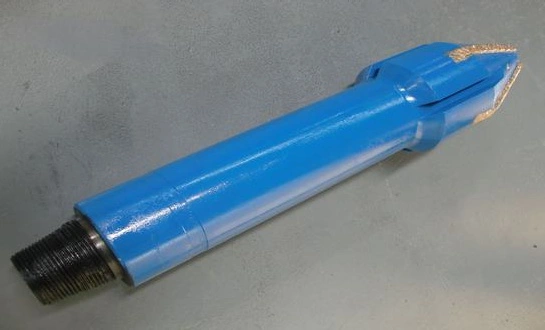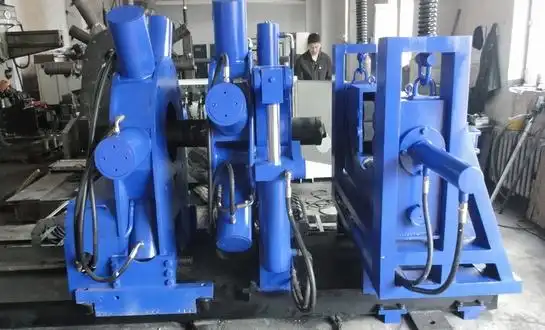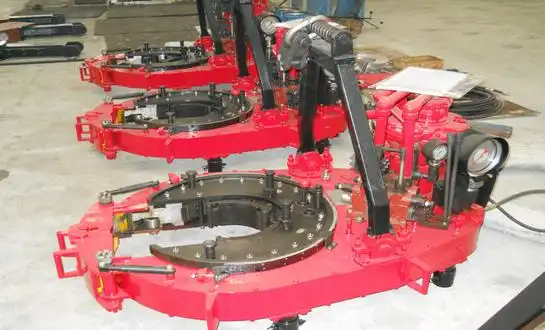Understanding Regulatory Requirements for Drilling Hose Procurement
Industry Standards and Certifications
When purchasing drilling hoses, it’s crucial to understand the various industry standards and certifications that ensure quality and safety. Leading organizations such as the American Petroleum Institute (API) and the International Organization for Standardization (ISO) establish detailed guidelines for the manufacturing and use of drilling hoses. For example, API Spec 7K outlines specific requirements for drilling and production equipment, including drilling hoses, covering aspects like construction, performance, and testing procedures. By ensuring that the hoses you select meet or surpass these standards, you not only guarantee that the hoses are suitable for the demanding conditions of drilling operations but also confirm their compliance with industry regulations. This will help prevent costly downtimes and potential safety issues, contributing to the overall success and efficiency of the drilling operation.
Environmental Regulations
Environmental regulations are a key consideration when selecting drilling hoses, as they govern the materials used and their disposal methods. Different regions may have strict environmental laws that dictate the type of chemicals, materials, or coatings that can be used in the manufacturing of drilling hoses, and failure to adhere to these regulations can result in substantial penalties. It’s essential to stay updated on local, national, and international environmental guidelines, as they can impact various aspects of your operation. For instance, certain regions may restrict the use of specific materials known to be harmful to the environment. Ensuring that your drilling hoses meet these regulations not only helps prevent legal issues but also minimizes the environmental impact of your operations, supporting sustainability efforts within the industry.
Safety Regulations
In the oil and gas industry, safety is of utmost importance, and drilling hoses are integral to maintaining a safe working environment. It’s essential to familiarize yourself with safety regulations governing the use of drilling hoses, as these regulations are designed to protect workers and ensure equipment reliability. Regulatory bodies such as the Occupational Safety and Health Administration (OSHA) in the United States, or their counterparts in other countries, establish safety guidelines related to the pressure ratings, material compatibility, and proper usage of drilling hoses. These regulations also cover the inspection and maintenance of hoses to ensure they remain in good working condition throughout their service life. By adhering to safety standards, you mitigate the risks associated with hose failure or malfunction, ensuring both worker safety and operational efficiency.
Verifying Supplier Credentials and Product Specifications
Supplier Qualifications
When sourcing drilling hose, it's crucial to verify the credentials of potential suppliers. Look for manufacturers or distributors with a proven track record in the industry. Check if they have relevant certifications, such as ISO 9001 for quality management systems or API Q1 for petroleum and natural gas equipment. These certifications indicate that the supplier adheres to recognized standards in their manufacturing and quality control processes.
Product Documentation
Request and carefully review all product documentation provided by the supplier. This should include detailed specifications of the drilling hose, such as its pressure rating, temperature range, material composition, and dimensions. Ensure that these specifications align with your operational requirements and comply with relevant industry standards. Additionally, look for test certificates that verify the hose's performance under various conditions.
Traceability and Batch Testing
Ensure that the supplier provides adequate traceability for their drilling hoses. This means being able to track the hose from raw materials through manufacturing to the final product. Request information on batch testing procedures to verify that each batch of hoses meets the required specifications. This level of detail helps ensure consistency in quality and compliance across all purchased drilling hoses.
Implementing a Robust Quality Control Process
Incoming Inspection
Develop a comprehensive incoming inspection process for all purchased drilling hose. This should include visual inspections for any signs of damage or defects, as well as verification of dimensions and markings against the provided specifications. Consider implementing non-destructive testing methods, such as hydrostatic pressure testing or x-ray inspections, to ensure the integrity of the hose before use.
Regular Maintenance and Testing
Implement a regular maintenance and testing schedule for drilling hoses in use. This helps ensure ongoing compliance and early detection of any potential issues. Include periodic pressure tests, visual inspections, and replacements based on the manufacturer's recommendations and your operational conditions. Keeping detailed records of these maintenance activities is crucial for demonstrating compliance during audits.

Staff Training and Awareness
Invest in training programs to ensure that your staff is well-versed in the proper handling, installation, and maintenance of drilling hoses. This includes awareness of compliance requirements, safety procedures, and the importance of following manufacturer guidelines. Well-trained personnel are better equipped to identify potential compliance issues and take appropriate action, enhancing overall safety and operational efficiency.
In conclusion, ensuring compliance when purchasing drilling hose requires a multifaceted approach that encompasses understanding regulatory requirements, verifying supplier credentials, and implementing robust quality control processes. By focusing on these key areas, oil and gas companies, drilling equipment manufacturers, and drilling contractors can significantly reduce the risks associated with non-compliant equipment. This comprehensive strategy not only ensures regulatory compliance but also enhances operational safety, efficiency, and reliability. For more information on high-quality, compliant drilling hoses and expert guidance on procurement, please contact us at oiltools15@welongpost.com.




